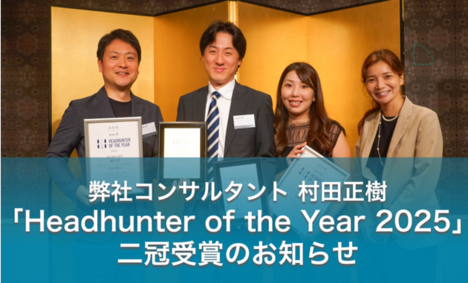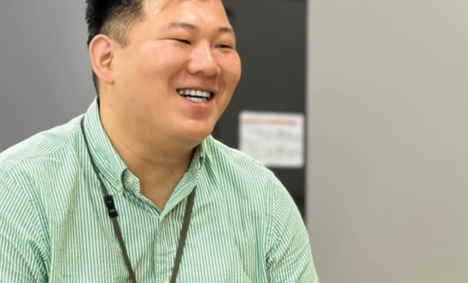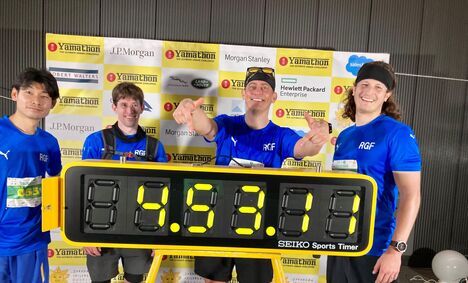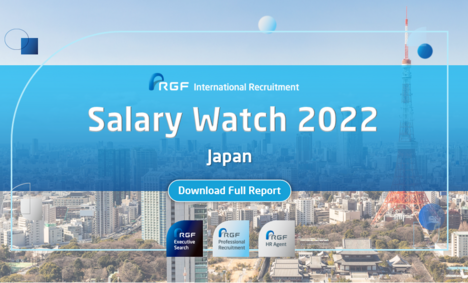
The information technology (IT) market is growing dramatically, creating numerous opportunities for people wanting employment in the field. However, as more and more people are becoming interested in the IT industry, employers are getting more concerned about a candidate's actual ability and how fast they can cope with the demands of a fast-paced industry. Whether you are a fresher candidate or someone with experience, it is extremely important that you are able to impress your interviewer.
We’ve asked an experienced IT recruiter to give some interview advice to candidates like you and here’s what they had to say.
Here are 6 tips from Hidetano Konno, Associate Director of RGF Professional Recruitment Japan, for you to ace your next IT job interview.
1. Prepare yourself for aptitude tests, skill tests, and on the spot programming
When you are interviewing for an IT job, along with the standard interview questions, you will be asked more focused and industry-specific questions about your technical skills, languages and the tools you use. This is the first round for you to get that IT position. Depending on the position, this round aims to test your technical skills, logical and quantitative ability.
Tip: If you are stuck at a problem, it is completely fine to be honest with your interviewer about how challenging the problem is. However, make sure to be proactive by asking some feedback on where you went wrong and explaining how you tried to solve the problem as well as why you think you weren’t able to reach a solution.
2. Know your achievements by heart
It is common understanding that you should put your achievements on your resume, the more detailed the better. However, 80% of the questions for the first technical round will be based on your resume, so you also need to be able to sell your achievements verbally. Even though the numbers are already written on the resume, you should still memorize them and elaborate how you attained those achievements during the actual interview.
Tip: In addition to the numbers, using technical jargon that shows how proficient you are in your domain always helps. For instance, make sure you know all the constructs of your programming language.
3. Soft skills do matter
Along with the technical interview round, there will be a different interview focusing on your culture fit, which lets the interviewer determine whether you are a great fit to the company and your team. This round focuses heavily on how you react to certain situations and how you carry yourself, in other words, your soft skills.
To crack any kind of interview, confidence is key. It will not matter if you have all the knowledge in the world, yet lack the confidence to showcase what you are capable of doing. A good presentation of yourself and your knowledge is the best way to ace any personal interview.
At the same time, it is also important that you demonstrate your ability to work in a team, by showing that you are humble and open to communication with others. This is one of the qualities employers would want to see in a candidate.
Tip: Think about your favorite and your least favorite manager throughout your professional career. Try to understand why that is the case, and what you can learn from both situations when it comes to leadership, communication, and people skills. This is what you would want to present in the interview.
4. Know your goals and know them well
Photo Source: Rasvan Chisu, Unsplash
If your answer to the question: “What is your goal?” is just to get into the company, you most likely will not get the job. Think about your actual professional goals and career path, and then associate that to the organization. Show the interviewer that joining their company will be that next step taking you to your dream career path. Don't look at the interviewer as the key to your happiness, see yourself as the key to your own success. This interview is not a one-way street, but a chance to build a long-lasting partnership that can create a win-win situation.
Tip: Ask yourself the following questions:
Why does this job matter to you in the long run and how can it help you achieve your career objectives?
How can you, as a part of the company, contribute to their growth and your own growth?
5. Think about your past mistakes
A common question many employers ask to understand their candidates is about their past work-related mistakes. One question the interviewer might ask is, “Tell me about a time you made a mistake.” Another is “What did you do to fix it?” While the size and scope of the mistake one makes shows their responsibility in the organization, the way one tackles this mistake demonstrates their capability to handle challenges and how their thought process goes.
Tip: Don't make yourself appear unrealistic by saying you have never made a serious mistake, or giving an example of something that doesn't really count as a mistake. Answer with an error that you truly found helpful for your growth, and focus on what you gained out of the situation, instead of dwelling on the mistake itself.
6. Stretch your answers to create an engaging interview
Compared to other industries, IT job interviews usually include very closed and straight forward questions, which can make the conversation dull and dry if you’re just responding to what is being asked. In order to keep the conversation going, try to stretch your answers by telling stories, elaborating with examples, and including detailed information. Being personable, where appropriate, can really help you stand out during the interview.
At the end, the interviewer will usually ask if you have any questions. This is when you, as a candidate, should ask them questions about the company to show what you know and are curious about. Frame your question in a way that the interviewer understands that you have studied about the company and are genuinely interested.
Tip: Do your research beforehand about the company. Knowing information such as their mission, vision, clients, and products would give you an advantage. For the IT industry, find out their technologies. What languages and platforms do they use? What is their infrastructure like? Do enough research so you are able to talk knowledgeably about what they are doing, and if possible, how you can add value to their work.
Last but not least, always have a positive and learning attitude throughout the whole interview. Keeping a positive demeanor may not be the first thing one considers when entering an interview. However, this is one of the most important parts of the interview process. Employers are not just interested in your aptitude, they’re also interested in your attitude. Showing that you can take challenges and tasks head-on with an enthusiastic outlook is key to this.

Working at a global company has many advantages, not only for those who want to work globally and those who want to make use of their language skills, but also for people who strive to Unleash their Potential seek their own potential and have a healthy work-life balance.
RGF Professional Recruitment Japan supports the recruitment hiring activities of many of the top domestic and foreign capital companies in Japan. Various excellent companies including foreign and Japanese global companies located in Japan. Therefore, as a result, we can introduce the best career options for each person.to suite all types of career profile.
If you want to work in a global environment or globally, want to work in a place where you can perform more, or want toto a higher level and expand your career options in the future, please contact us. Our experienced consultants will do their best to support your career growth.







